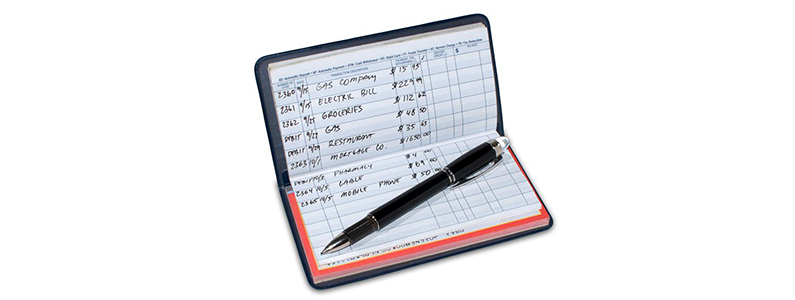
by Doug Goldstein CFP® | Oct 20, 2014 | Chess, Decision Making, Financial Plan
One of the most famous chess games in history is what has become known as “The Immortal Game.” It took place on June 21st 1851 in London during a break at the world’s first international chess tournament, held as part of the famous Great Exhibition that showcased... Click for more
by Doug Goldstein CFP® | Sep 24, 2014 | Financial Plan, Financial Strategies
“Every pawn is a potential queen,” said James Mason, an Irish chess player who died about 100 years ago. Even though pawns can only move in one direction, their strength is in their potential. Mason understood a critical fact in both chess and investing: Care for your... Click for more

by Doug Goldstein CFP® | Sep 17, 2014 | Behavior finance, Financial Plan
The ubiquitous use of debit and credit cards has led today’s consumers to forget about planning and saving. People love to own things, and their Visas or MasterCards have become the ticket for providing them with everything. But at some point, they have to pay for... Click for more

by Doug Goldstein CFP® | Sep 8, 2014 | Chess Strategies, Financial Plan
Does your budget allow you to pay the bills AND put money into savings every month? If you want to become as “rich as a king,” start dealing with your budget more actively. Limit your possibilities At the opening of a chess game, you have ten possible pieces that can... Click for more

by Doug Goldstein CFP® | Aug 11, 2014 | Financial Plan, Financial Strategies, Strategic Thinking
Chess is a game of strategy, and part of strategic thinking is figuring out what your opponent will do. Often, you may mistakenly assume that your opponent thinks the way you do. However, for all you know, your opponent is thinking of something completely different... Click for more
by Doug Goldstein CFP® | Jul 29, 2014 | Behavior finance, Financial Plan, Inspirational Quotes
[dropshadowbox align=”none” effect=”raised” width=”250px” height=”” background_color=”#ffffff” border_width=”1″ border_color=”#dddddd” ]The fear of losing, or loss aversion, trumps the... Click for more








